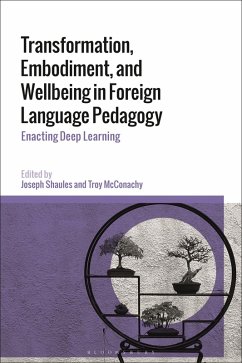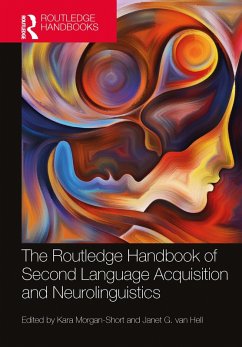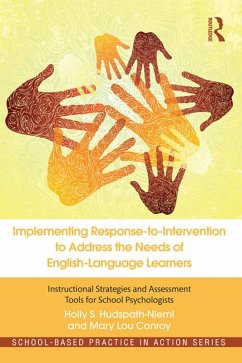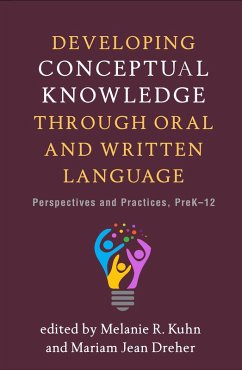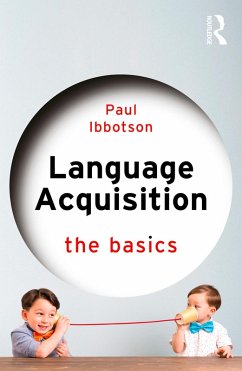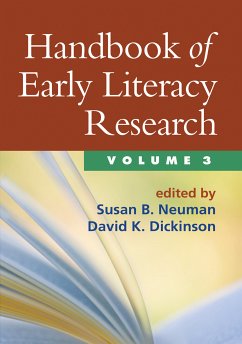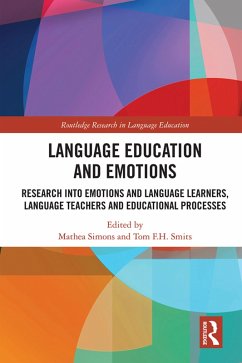
Transformation, Embodiment, and Wellbeing in Foreign Language Pedagogy (eBook, ePUB)
Enacting Deep Learning
Redaktion: Shaules, Joseph; Mcconachy, Troy

PAYBACK Punkte
12 °P sammeln!
This volume introduces pedagogical approaches and empirical studies that emphasize deeper, embodied engagement with language, the transformative potential of the language learning experience, and the importance of learner and teacher well-being. A deep learning orientation sees foreign language learning not as a psychologically neutral process of internalising linguistic rules but as an embodied process that is intimately tied to learners' experience of self, including emotion, body states, metaphoric understanding, aesthetic sensibilities, and moral intuitions. This volume challenges language...
This volume introduces pedagogical approaches and empirical studies that emphasize deeper, embodied engagement with language, the transformative potential of the language learning experience, and the importance of learner and teacher well-being. A deep learning orientation sees foreign language learning not as a psychologically neutral process of internalising linguistic rules but as an embodied process that is intimately tied to learners' experience of self, including emotion, body states, metaphoric understanding, aesthetic sensibilities, and moral intuitions. This volume challenges language teachers and teacher trainers to move beyond instrumentalist views of language learning, to recognise the deeply impactful nature of the language learning experience, and to consider how language pedagogy can contribute to the development of the learner as a whole person. Chapters in this volume consider the enactment of deep learning from diverse theoretical perspectives, including positive psychology, embodied cognition, cognitive linguistics, motivational theory, literary theory, and moral psychology. The volume provides language teachers, teacher trainers and applied linguists with concrete insights into the multidisciplinary foundations of conceptualizing, planning, and implementing deep learning in language classrooms.




